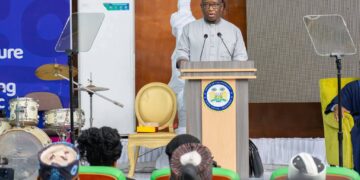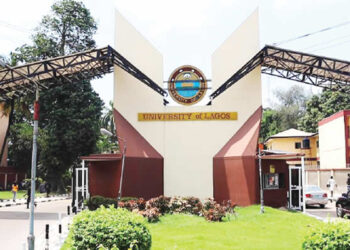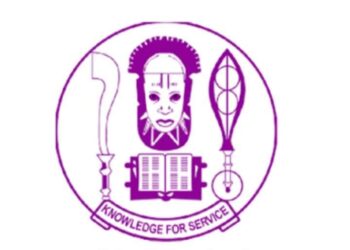A leading intellectual property scholar, Prof. Dorcas Odunaike of Babcock University, has called on Nigerian lawmakers to expand the Copyright Act 2022 to better safeguard performers’ rights, warning that emerging technologies and digital piracy are outpacing existing legal protections.
Prof. Odunaike made the appeal during the university’s 56th inaugural lecture titled “Scar in Copyright Protection: Harnessing the Potential of Performers’ Rights in Nigeria,” held at the Ilishan-Remo campus in Ogun State.
She noted that as Nigeria’s creative sector contributes an estimated ₦154 billion to the Gross Domestic Product (GDP) and employs over 4.2 million people, the absence of comprehensive protection for performers undermines both creativity and economic growth.
According to her, rapid technological advances—including deepfake tools capable of manipulating performances—and the proliferation of digital platforms have worsened copyright breaches such as piracy, bootlegging, and unauthorised digital exploitation of music and video content.
“Identification and monitoring of uses, piracy and bootlegging, and digital exploitation remain major challenges,” she said. “Nigeria is a developing nation with structural gaps that inhibit effective management of performances.”
She warned that deepfake technology introduces new risks, noting that machines, unlike human actors, cannot be held accountable when manipulated content violates a performer’s rights or tarnishes their reputation. With content now circulating across borders, resolving international infringement disputes has become even more complex.
Prof. Odunaike acknowledged that sections 63–73 of the Copyright Act 2022 represent progress, but insisted that performers’ rights are still treated as secondary to authors’ rights. She argued that a more inclusive and technology-responsive legal framework would significantly increase performers’ earnings and help unlock the full economic potential of the creative industry—especially Nollywood, music, fashion, and digital media.
She urged lawmakers to revise the Act to address modern challenges and called for improved implementation mechanisms to ensure performers are adequately compensated and protected.



















































































 EduTimes Africa, a product of Education Times Africa, is a magazine publication that aims to lend its support to close the yawning gap in Africa's educational development.
EduTimes Africa, a product of Education Times Africa, is a magazine publication that aims to lend its support to close the yawning gap in Africa's educational development.
